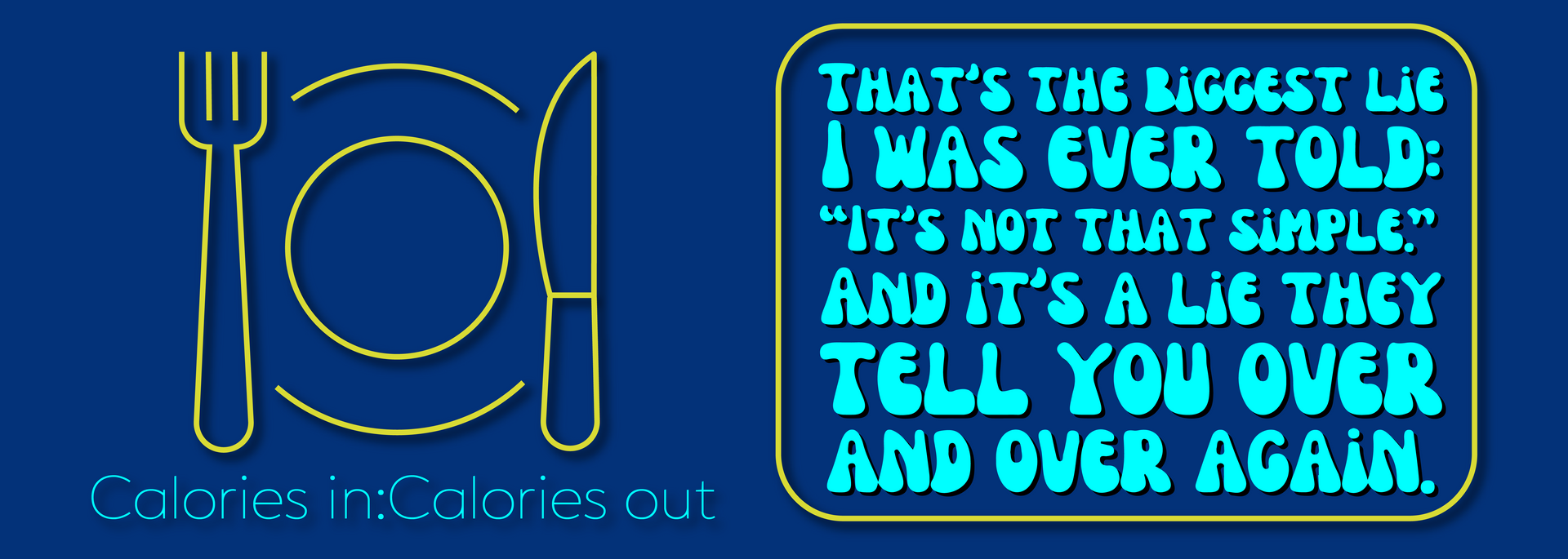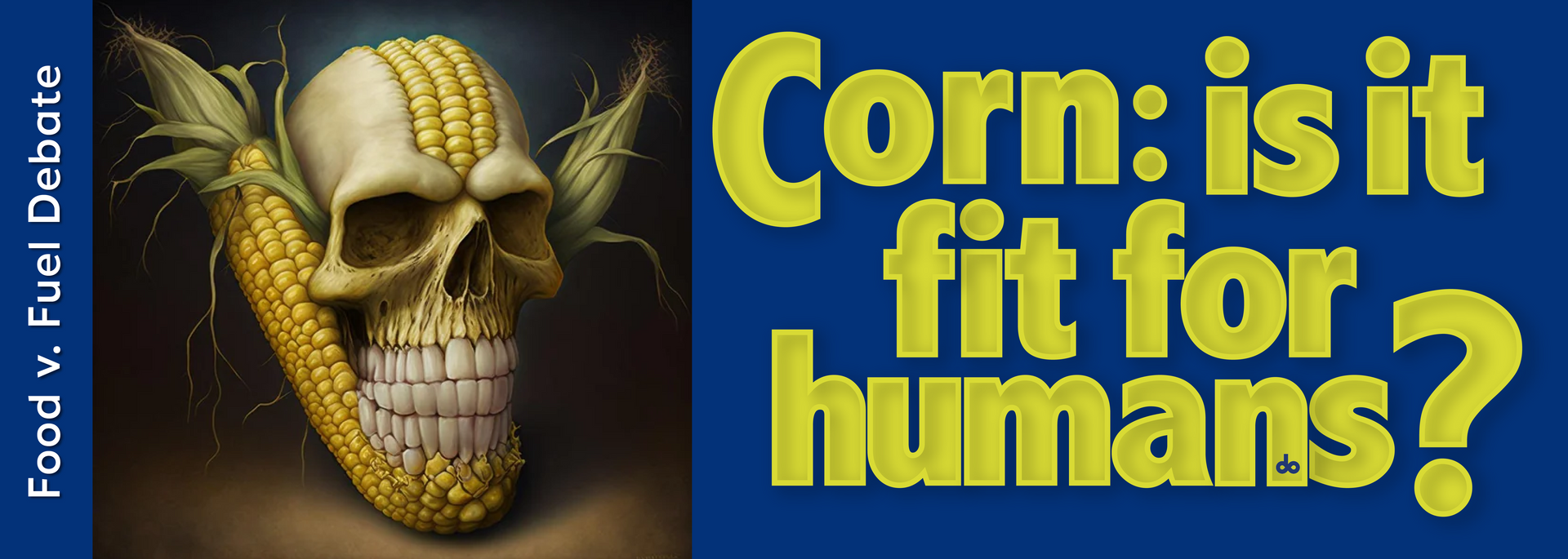Protein! You Don't Need Those Extra Protein Bars and Shakes.
You Need Less Protein Than You Think...!!!

What is protein and why do we need it?
Unlike fat and carbohydrates, that make up most of our fuel, protein is more about our body’s structure.
All of our cells and our organs and our hair and our fingernails, all of that is structural protein. All the enzymes that are in our body that catalyse reactions and make metabolism move forward, those are all proteins. Many hormones are proteins.
A protein consists of one or more chains of amino acids (called polypeptides) whose sequence is encoded in a gene. Some amino acids can be synthesized in the body, but others (essential amino acids) cannot and must be obtained from a person's diet. There are a couple of proteins that are only three amino acids tied together, which would be called a tri peptide, but that would be unusual. The largest one I know of is 35,000 amino acids strung together in a cell. Think about proteins like words and the amino acids like letters. The words can get really long and you need a lot of letters to make them but, fundamentally, you can make any word like any protein out of just a limited number of amino acids.
You need all 20 amino acids for just about every single protein that you synthesize. Your body can make some of them but you also have to get the nine essential ones. “Essential” simply means you can't assemble the whole thing yourself. The nine essential amino acids are histidine, isoleucine, leucine, lysine, methionine, phenylalanine, threonine, tryptophan, and valine. Proteins are in everything. All 20 amino acids are in all food - plant and animal - so if you're simply getting enough calories with a reasonable variety in your diet you’re getting enough protein[1].
Foods that contain all nine essential amino acids are called complete proteins. These foods include things like beef, poultry, fish and eggs. Dairy is also included but isn’t the best choice as there are other issues associated with dairy. Foods that contain some but not all the essential amino acids are called incomplete proteins. These foods include nuts, seeds, beans and some grains.
And let me add one twist to this, which is pretty interesting. There are very few rare exceptions to this, but when you eat an animal protein or a plant protein and it goes into your digestive tract, you can't absorb those amino acids into your body until you break them down to their single amino acid levels. Once you’ve absorbed them, your body can't remember where the amino acid came from. “Oh, did this come from a cow or did this come from a pig or is it from broccoli”? No clue. It's just this amino acid. The body doesn't even care. If it came from a supplement or if it comes from food, your body can't tell. It's just the building block.
Having said that, plant proteins are less bioavailable than animal proteins are meaning your body can’t break them down and use them as well for building muscle or repairing tissues[2]. Probably the most important protein to avoid is any type of plant-based meat substitute. These are highly processed and full of ingredients that contribute to ageing and inflammation, including genetically modified soy, omega-6 oils, synthetic vitamins, refined sugars and flavours. Since they are mainly legume or grain based, they contain tons of mineral-sucking antinutrients, too.
Here's the interesting bit that flies in the face of the health marketing people. If you've eaten enough calories for the day, you've got enough protein. You can stop obsessing about protein. 0.8 grams of protein per kilogram of body weight should meet your recommended daily requirement. For a lot of people that would be maybe 40, 50 or maybe 60 grams of protein if you're heavier. Most people eating a western diet are getting pretty much double the amount of protein they need, just eating food, without even trying.
The first time I ever went to a gym, which is about ten years ago, one of the fitness trainers told me I needed to increase my protein intake after my workout in order to get healthier. How does this happen? A trained professional giving me advice that isn’t supported by any test reports that I’ve seen. Why is that there this controversy? Why is there this pressure that people need to eat more protein?
Most people get about 16% to 18% of their calories from protein. It's very consistent. It's just amazing. And then you look at how many calories people eat to maintain their weight.
Most people underestimate how many calories they eat.
Women eat around 2500 calories a day and men eat 3000. A lot of you reading this are going to say, “Not me. I only eat 1500 calories a day”. In feeding studies where they precisely track the amount of calories, it's really more like 2500 or 3000. If you calculate 16 to 18% of that amount of calories, people easily get about 1.5 grams of protein per kilogram body weight. That’s about double the amount of protein we need each day.
So, you’re already getting double the daily requirement of protein and it has already more than met your need for enzymes, hormones, fingernails and hair. Now, you’re going to the gym to lift weights and gain muscle so you probably want more than 0.8 grams per kilogram per day. How many extra grams of protein do you need?
Let’s take an ambitious goal of putting on ten kilograms of pure muscle in one year. 70% of your muscle is water. If you are going to reach your ambitious goal in a year, all you'd actually have to accumulate is three kilos of extra amino acids or 3000 grams of extra amino acids. Divide that into 365 days of the year and, just roughly, that means you would need an extra ten grams of protein a day in addition to meeting your maintenance needs to put on the 10 kilograms of muscle.
Now, it's not quite a fair number because when you're in the gym lifting and working out, if you're working out really hard, you're actually breaking down some muscle, you’re using those amino acids and you have to replace them. So put another ten grams on that to make it an extra 20 grams every day for a year to put this on. In the western diet, people are eating 30 or 40 extra grams a day over that 0.8 grams per kilogram we need every day just by eating food.
And, of course, one more thing to keep in mind. When you're working out hard every day, you eat more. You don't eat just 2000 calories or 3000 calories. You’re getting a lot of extra protein every day without trying. It isn't by having protein shakes. It’s just having food.
Is it bad if you actually got more protein than you needed?
Would it kill you to have all that extra protein? What would happen to all that extra protein?
On an average day, you probably eat more carbohydrates than you need. Once you've eaten some carbohydrate, the first thing your body says is, “Does my brain need it right now? Nope. My brain's okay”. “Do my muscles need it? Nope. I'm just sitting here. I don't really need my muscles”.
We have a storage depot for carbohydrate; it's called glycogen. There's some in our muscles and there's some in our liver. Our bodies will try to fill up our storage capacity of glycogen (stored carbohydrate) so that it is available later in the day. And, do you know how long it would take to deplete all the stored carbohydrate in the body? A good example is marathon runners. At 20 miles, marathon runners “bonk” or “hit a wall” if they don't have enough carbohydrate. It basically means they've used up all the glycogen stored in their body. We can only store about a kilo of glycogen.
Let's switch for a minute to fat. Let's say we ate more fat calories for the day and used it for various things, and mostly we burned it for energy. Where would we store that and how much could you store?
We can store an infinite capacity of fat. We can store hundreds and hundreds and hundreds of pounds of fat. We store it in our butt, in our thighs, in our jowls. We even store it in the pads of our fingers. We have endless capacity to store fat. It would take an incredibly long time to use up all the storage of fat that we have in our body. So unlimited capacity to store fat, a very limited capacity to store carbohydrate. Where could the extra protein go?
We ate all that extra protein, we made our enzymes, we made our hormones, we lifted our weights, and it was a little more protein than we needed (or maybe a lot more) and now we're going to bed. So where do we put that extra protein in our body? Is it in our spleen, in our liver, in our big toe, in our elbow? Where is our protein storage?
There isn’t any protein storage. None.
At the end of the day, every bit of extra protein has the nitrogen taken off and it gets turned into carbs and fat. We can't store protein in our body. So the muscle heads who are having a lot of meat and regular meals and a protein shake and a protein bar - are turning all that excess protein into carbs and fats at the end of the day.
Think about it.
There are all these products that are on sale that say, “No carbs - Ten Grams of Protein” or, “No Sugar - Ten Grams of Protein”. It’s easy to think it’s healthy if there are no carbs and no sugar. But, we’re already eating more protein than we need so our body is just going to turn that into carbs and fat. And since we are already eating as much food as we need and we’re having protein treats on top, we're just basically turning those into body fat.
If we're eating a reasonably varied diet we wouldn't have to do what the trainer said. We’re already getting enough protein to achieve our goals.
Different protein requirements at different ages.
Kids, while they’re growing, need a bit more than 0.8 grams. At different ages they need 0.9 or 1.0 or even 1.1 grams because they're growing. Similarly, for a pregnant woman that's growing a foetus inside of her, she's not just maintaining, she's growing. And so those needs are higher than 0.8 grams per kilogram per day. The question is, can you get that just eating food or do you need to get these extra sources? As long as you get a reasonable variety of food in your diet, you would have to work really hard not to get enough protein.
There are possibly some issues with the elderly. There are reasons they may have lost their appetite. We have this issue of sarcopenia where they're losing muscle mass. There have been some studies suggesting that it's not really just the hormones; it's loneliness, it's depression. It's not eating. It could be that you have to make a special effort to make sure the small number of calories that they're getting are protein rich because they're just not eating very much.
Is animal protein better than plant protein?
When we look at the estimated average requirement of protein for a lot of people, it could be close to 40 grams of protein, which is pretty low but let’s use that number just for fun to make this one point. There are 20 amino acids. If we need 40 grams of protein, simplistically that sounds like it would be good to have two grams of each one. Two grams times 20 amino acids is 40. Right? Not even close.
We need lots more of glutamate, glutamine and aspartate while we need hardly any tryptophan, thiamine, cysteine.
All of the plants have all 20 amino acids. The distribution of the amino acids is almost identical in the plants as the animal protein. Almost.
Plants are lower in a couple of the essential amino acids relative to animals. Therefore, if we’re eating a plant-only diet and we’re going to eat only 40 grams of protein, we’re potentially going to have a low level of those two particular amino acids. It's not just that we need 40. We need 40 in the right distribution. If we only ate rice all day and that's how we get your 40 grams of protein., we wouldn't have enough. We could supplement with just those individual amino acids that are lacking. Or, we could eat 80 grams of protein a day. We would end up making up the deficit. But, here's what happens if you really only needed 40 and ate 80. We break it down and turn it into carbohydrate and fat.
Plants don't have the ideal distribution of amino acids. Some populations eat grains and beans together, because they complement the deficiencies with the excesses. It's still not the optimal distribution. But it's closer to optimal. But, it's still never quite as good as meat.
In his 2019 paper called “Modernizing the Definition of Protein Quality”[3], David Katz wrote that there's one issue of the distribution of amino acids perfect in animal foods that’s less than perfect in plant foods. There is actually an issue of digestion and bioavailability, and it is a little higher for meat protein over plant protein. There is a risk when we are eating meats; sometimes we’re getting hormones and antibiotics that were used to grow that meat and there's no fibre in there. If you were eating beans and tofu and other plant foods, you'd be getting phytochemicals, antioxidants and you'd be getting lots of fibre for your microbiome.
Properly sourced meat – specifically grass-fed beef with a plate full of a mix of vegetables is going to provide you with sufficient protein to keep you healthy.
If you have any questions about this blog post and how you can use this information to improve your healthy lifestyle, lose weight, gain muscle or maximise your athletic performance, you can ask me on Instagram or get in touch using the contact page on the website.
[1] If you only eight rice all day, you wouldn't get enough. If you only ate cassava all day. You wouldn't get enough protein, but you also wouldn't get enough of other nutrients.
[2] Insaf Berrazaga et al., “The Role of Anabolic Properties of Plant vs. Animal-based Protien Sources in Supporting Muscle Mass Maintenance: A Critical Review,” Nutrients 11, no. 8 (2019): 1825, https://www.ncbi.nlm.nih.gov/pmc/articles/PMC6723444/.
[3] https://academic.oup.com/advances/article/10/5/755/5484791










